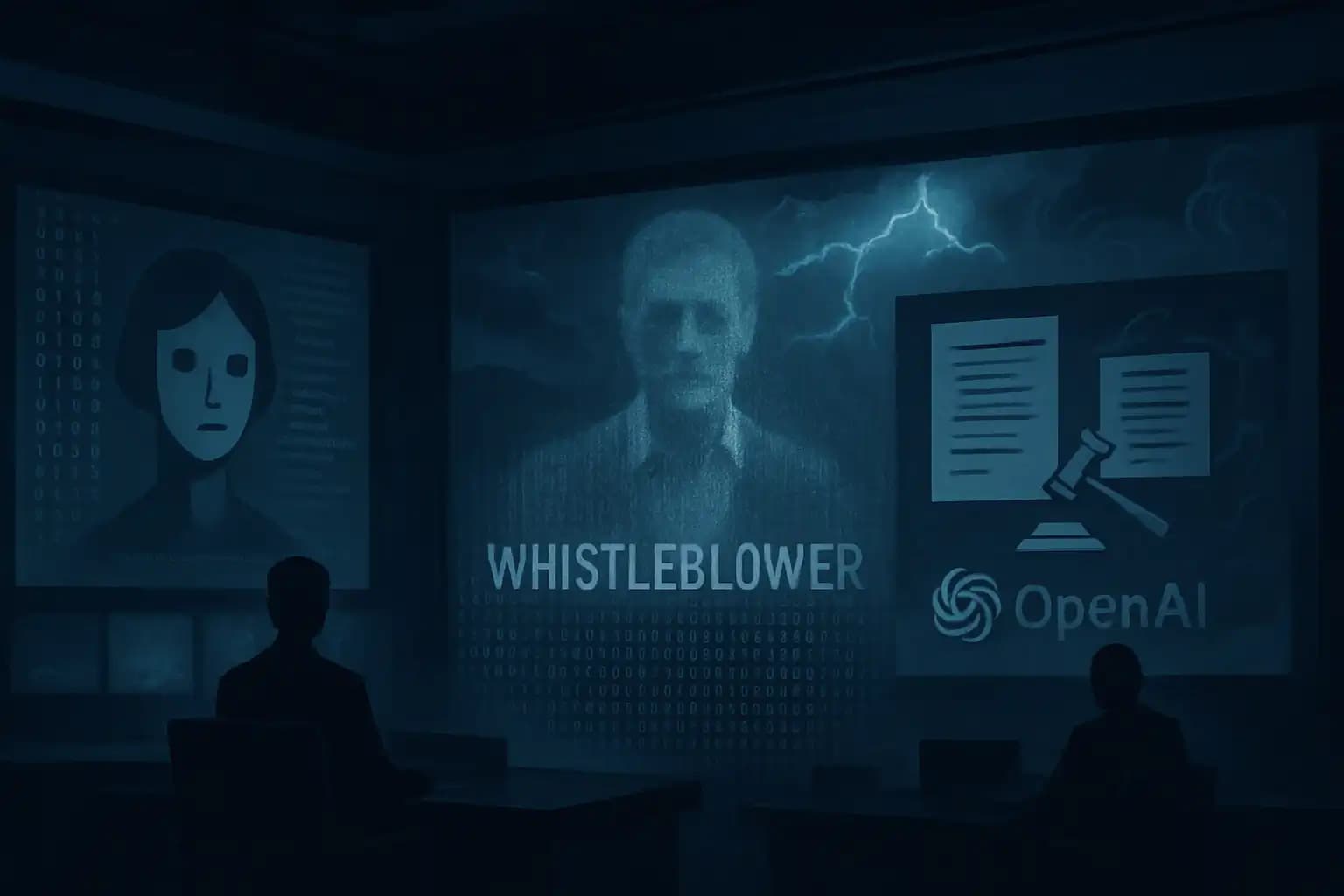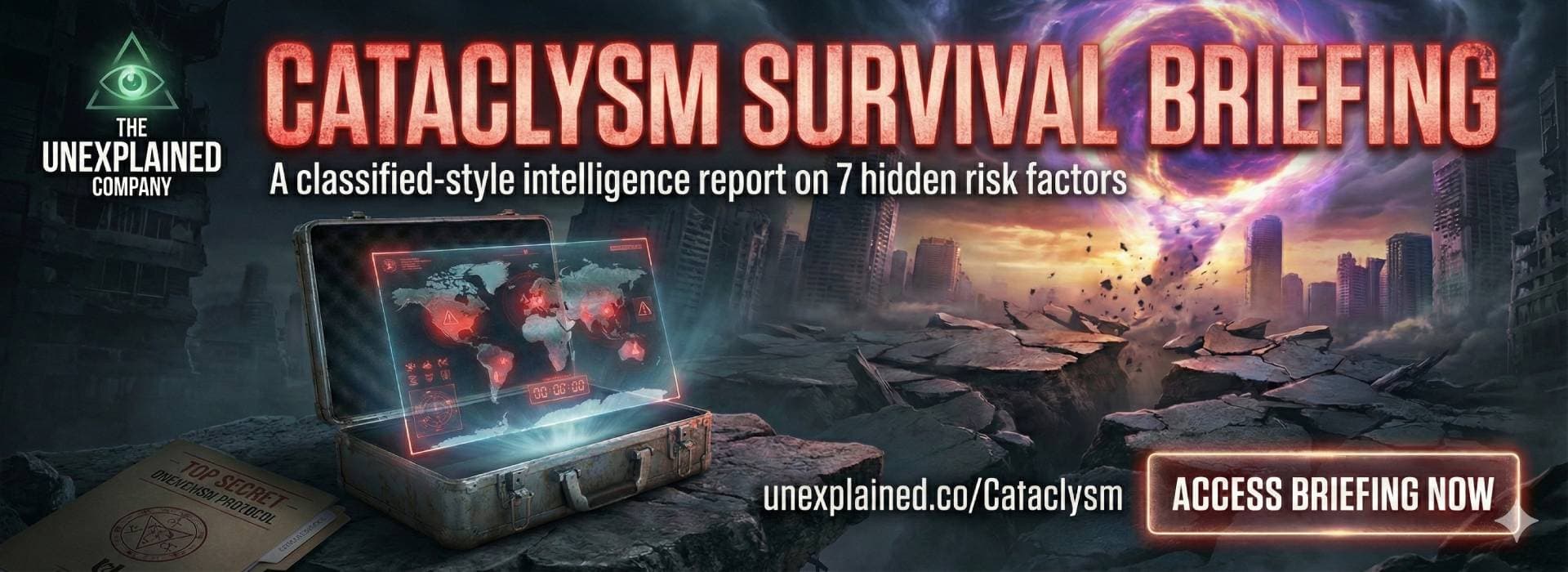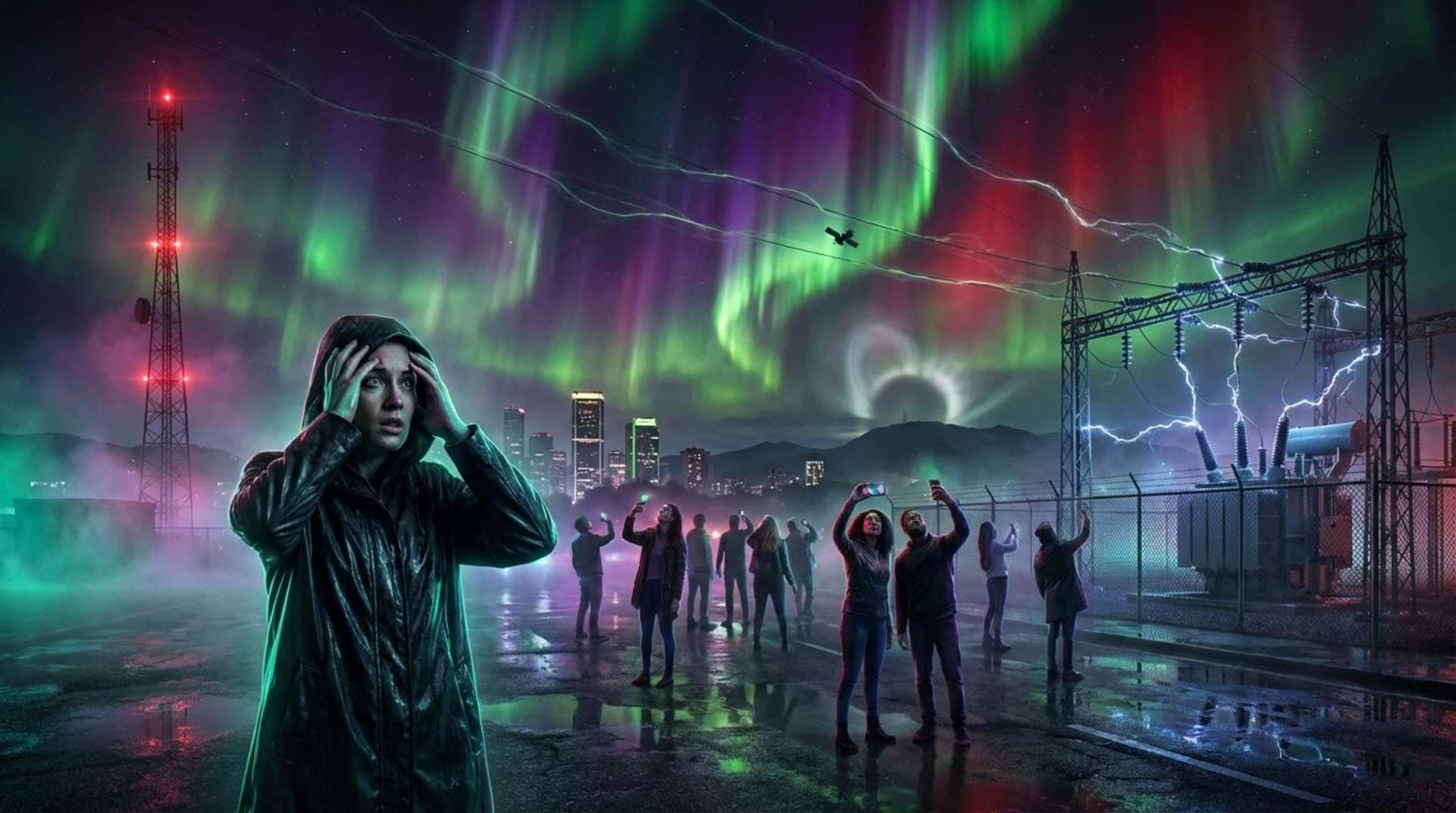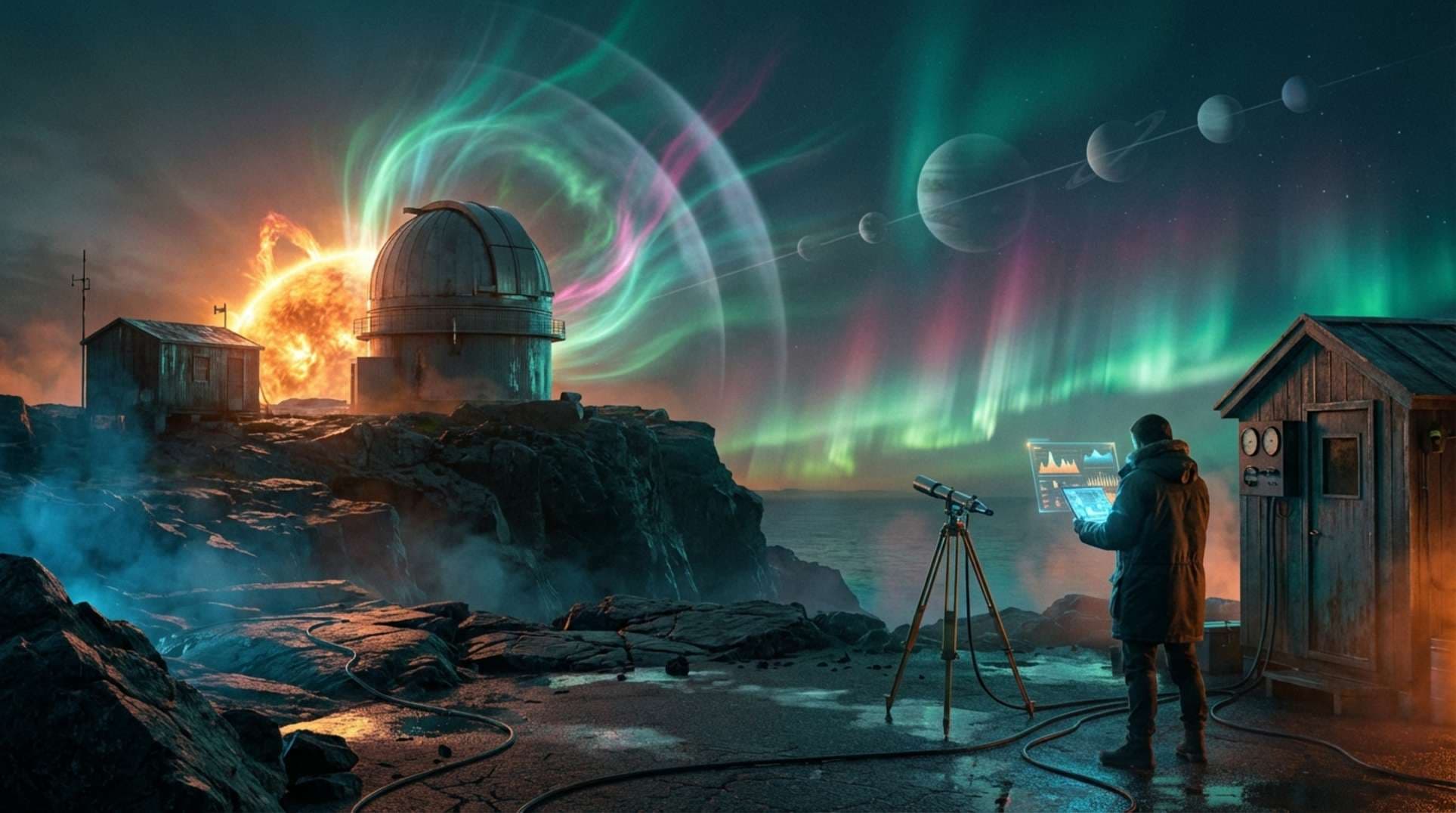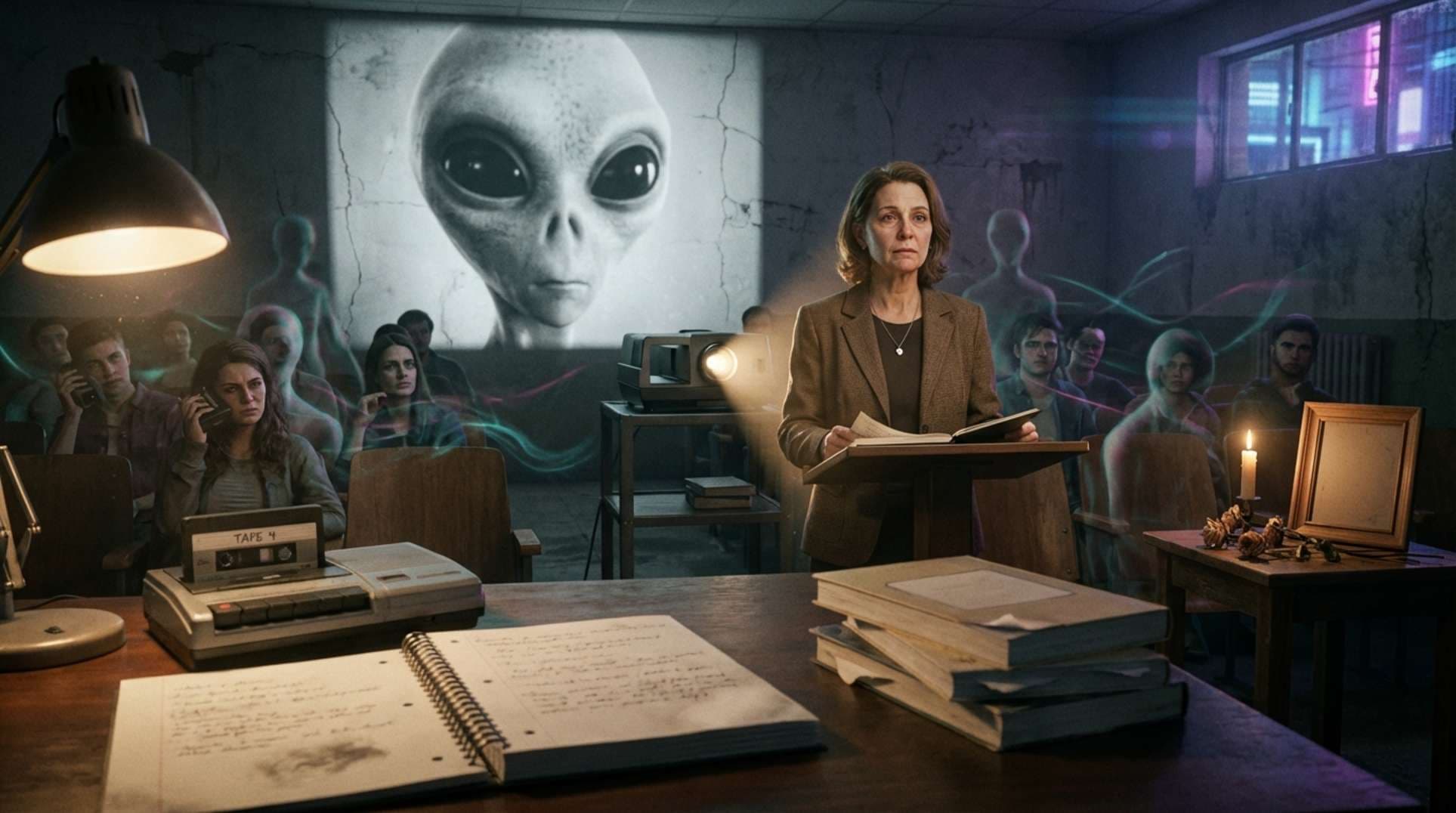In the summer of 2024, the death of Suchir Balaji—a young American AI researcher who contributed to OpenAI’s most powerful models—sparked controversy. Balaji, only 26, had left OpenAI, citing ethical concerns about the company’s business practices. He warned of the “harm to humanity” that generative AI could cause. Weeks after a revealing New York Times interview, news of his suicide ignited debates over AI copyright, data rights, and the future of creativity itself (Wikipedia).
Balaji was not an ordinary tech dropout. He had early training in coding and worked at the forefront of AI—organizing training data for GPT-4. He resigned from OpenAI due to concerns about aggressive data scraping, copyright infringement, and algorithmic imitation. In a compelling essay and his NYT appearance, he dissected the “fair use” arguments that AI executives use to justify accessing the world’s intellectual property. He argued that products like ChatGPT don’t merely borrow snippets—they undermine original creators by generating market-ready imitations. This claim is reflected in legal filings that may disrupt Silicon Valley (Futurism report).
Inside the Copyright Controversy: Legal Storms and Executive Fallout
Balaji’s warnings coincided with turmoil at the U.S. Copyright Office. Chief Shira Perlmutter was abruptly fired after she raised alarms about AI companies using copyrighted content. The timing was striking: just days after she released a critical report challenging the AI industry’s “fair use” claims (The Guardian), the Trump administration terminated her position. Insiders suggest this move signaled that Big Tech could easily disregard copyright protections with government complicity. Perlmutter’s dismissal has since sparked legal and political scrutiny—heightening fears of regulatory capture and aligning with alarms from this report about AI existential risk.
Legal disputes are intensifying. The New York Times and other major publishers are suing OpenAI, citing whistleblowers—including Balaji—in their complaints. Each new injunction blurs the line between “AI innovation” and “IP theft.” This raises hard questions for writers, journalists, and artists. Is machine intelligence worth the potential collapse of creativity?
Echoes of Past Warnings—and Looming Consequences
For those who have tracked AI’s incursion into daily life, Balaji’s death is unsettling but not unexpected. His story mirrors a concerning pattern outlined in eerily prescient predictions about unchecked AI’s harmful effects. Like the “canary in the data mine,” whistleblowers signal dangers long before they become headlines. Similar cautionary tales—whether about geopolitical tech disruption or high-level mind control exposés—indicate that innovation often brings censorship, manipulation, and power struggles.
After Balaji’s death, critics reevaluated OpenAI and the entire creative economy’s relationship with generative technology. Are creators—whose works fuel large language models—entitled to compensation? Will AI flatten value, originality, and human craft under the weight of algorithmic reproduction? If regulators are captured or silenced, the impact could reach far beyond courtrooms—endangering the foundations of reasoned, democratic discourse.
The Future of Creativity: Power, Profit, and the Human Factor
At the heart of the controversy are two conflicting visions: one where AI fosters a renaissance of human creativity—and another where algorithms obliterate originality for profit. Balaji feared the latter was prevailing, especially as industry giants exploited every data source. Recent events, including Perlmutter’s dismissal and ongoing copyright lawsuits, hint at a growing response. However, with billions at stake and governments still catching up, a reckoning looms. Compounding this crisis are existential debates about true creativity, explored in the shadowy realms of mythic apocalypse narratives and cultural collapse reports.
For creators, journalists, and thinkers, the stakes couldn’t be higher. The critical question is: Will Balaji’s final warnings inspire real reform—or will they vanish, like so much scraped data, into the depths of technological destiny?
Why the Whistleblower’s Fate Matters Now More Than Ever
As copyright battles intensify and AI systems evolve rapidly, Balaji’s tragic end poses a stark reminder of the risks when powerful tools operate in secrecy. This issue extends beyond a single company or legal precedent—or even one untimely death. At the crossroads of technology, law, and culture, society faces a crucial decision: safeguard the rights of human creators, or cede everything to algorithms and their controllers. Stay informed about the consequences and the impending drama at Unexplained.co—because in the struggle for the future of creativity, secrets and tragedies seldom remain hidden for long.

